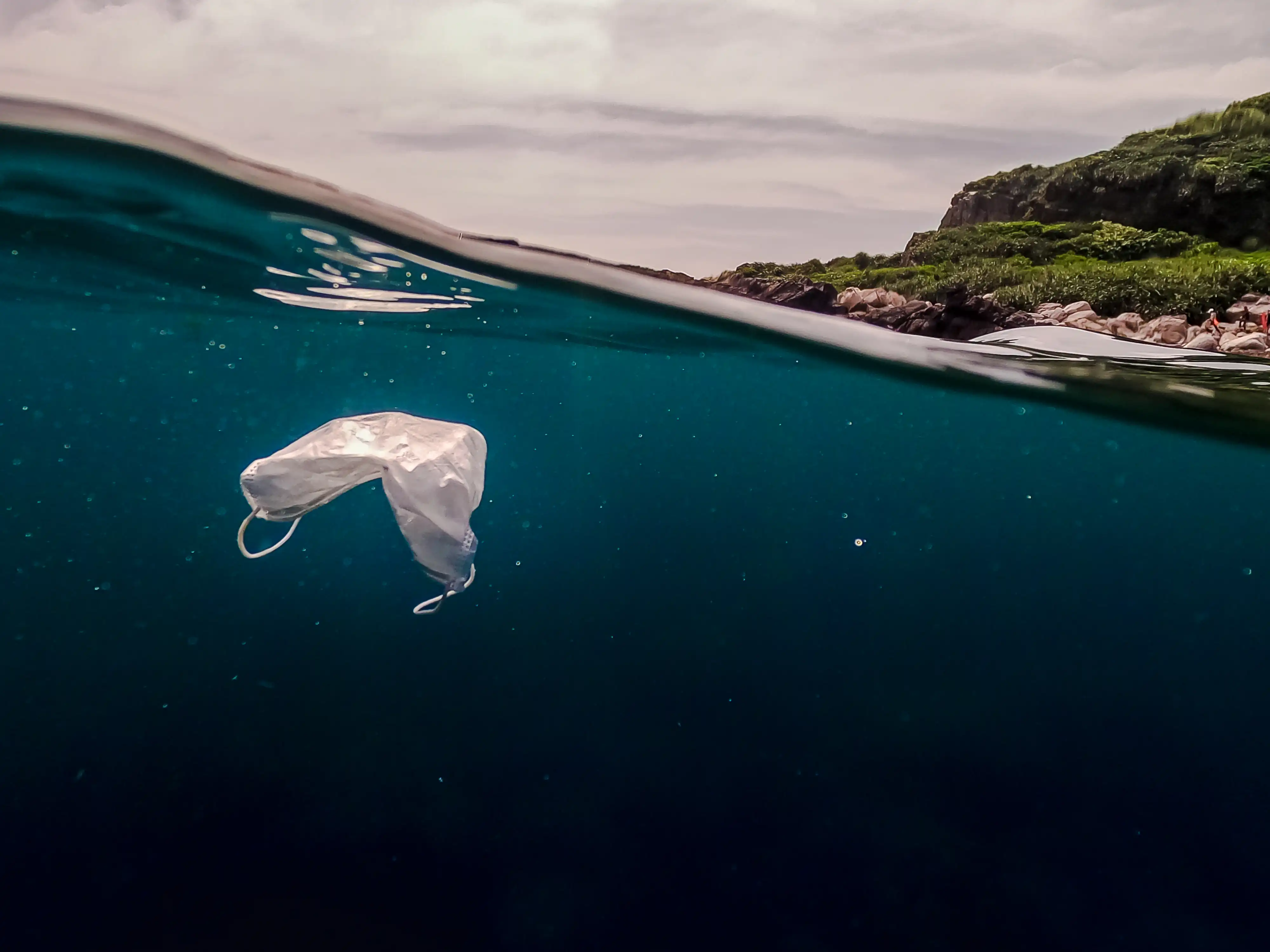Sustainable Living Guide for Plastic-Free Seas

Every year, vast amounts of plastic end up in our oceans, posing a serious threat to marine life and the health of our planet. This pollution ranges from small plastic pieces which tiny sea creatures might swallow, to large nets which entangle whales and turtles. The good news is that everyone can help tackle this problem. The choices we make every day, like which products we buy and how we dispose of waste, can make a real difference. This blog post is a practical guide to living sustainably, aimed at helping you reduce your plastic usage and contribute to cleaner, healthier oceans. Let’s explore some simple steps that can lead to big changes for our seas.
Understanding Plastic Pollution
Every year, an estimated 8 million tons of plastic are dumped into our oceans. This staggering amount includes a wide range of sources, from everyday consumer products like plastic bags and packaging to industrial waste. Once in the ocean, these plastics break down into smaller pieces, but never fully disappear. Marine animals mistake these fragments for food, leading to fatal blockages and poisoning—not just for one species, but throughout the food chain.
The consequences extend beyond the immediate suffering of marine life. Coral reefs, which are vital to oceanic health, suffer from physical damage and disease linked to plastic debris. Over time, the accumulation of plastics in the oceans affects human health as well. Toxins from plastics enter the seafood that people consume and disrupt hormones, which can lead to a host of health problems including cancer, infertility, and immune system issues.
The environmental impact is equally severe, with ecosystems around the globe showing signs of distress due to plastic pollution. From beaches strewn with waste to microplastics found in the most remote ice sheets, it’s clear that our current trajectory is unsustainable. Understanding the scale and sources of this pollution is the first step towards making meaningful changes to protect our planet.
How to Reduce Plastic Use in Daily Life?
Every small change we make in our daily habits can significantly decrease the amount of plastic waste we produce. From the kitchen to the bathroom, and even during our regular shopping routines, there are numerous opportunities to opt for more sustainable alternatives. Here are some practical tips to help you reduce your plastic footprint:
Kitchen Alternatives:
Use Reusable Containers: Replace disposable plastic containers with durable options like glass or stainless steel.
Buy in Bulk: Purchase food items in bulk to minimize packaging waste.
Avoid Single-Use Plastics: Choose reusable items such as cloth napkins, metal straws, and wooden cooking utensils over their plastic counterparts.
Switch to stainless steel for lunch boxes to reduce waste and plastic as a material
Bathroom Changes:
Switch to Bar Soaps and Shampoos: Use bar soaps and shampoo bars, which typically come with less packaging than their liquid equivalents.
Opt for a Bamboo Toothbrush: Replace plastic toothbrushes with bamboo ones, which are biodegradable and eco-friendly.
Smarter Shopping Habits:
Bring Reusable Bags: Always carry reusable shopping bags to avoid using plastic bags.
Choose Minimal Packaging: Select products that use minimal or recyclable packaging, particularly for fresh produce and other goods.
Support Eco-Friendly Products: Whenever possible, support brands and products that prioritize sustainability in their packaging and overall production.
These straightforward steps not only contribute to reducing your personal plastic use, but also influence the market to adopt more sustainable practices.
Recycling and Proper Waste Management
Effective waste management and recycling are critical in reducing plastic pollution. In Germany, where recycling laws are stringent, correctly sorting waste helps to avoid contamination of recyclable materials, ensuring they can be processed effectively. Here’s how you can manage waste better:
Recycle Correctly: Familiarize yourself with local recycling guidelines, which in Germany are quite specific about how to separate paper, plastics, glass, and other materials. Incorrect sorting can lead to recyclables being contaminated and ultimately sent to landfills or incinerators.
Dispose of Non-Recyclable Plastics Properly: For plastics that cannot be recycled, such as certain types of packaging and plastic films, use designated waste bins to ensure they are handled appropriately, minimizing environmental impact.
Composting Biodegradable Waste: Reduce overall trash volume by composting organic waste. In Germany, bio-waste bins are provided for food scraps and garden waste, which are then processed into compost.
By adhering to these practices, not only do you support Germany’s goal of reducing waste, but you also contribute to a global movement towards more sustainable waste management and a cleaner environment.
Lifestyle Changes for Long-Term Impact
Adopting a sustainable lifestyle involves more than just occasional changes; it requires a fundamental shift in how we live and consume. Here are key areas where you can make a difference:
Adopt a Minimalist Lifestyle: Embrace minimalism by reducing unnecessary purchases and decluttering your life. This approach not only cuts down on waste but also lessens the demand for resource-intensive products, thereby reducing your environmental footprint.
Choose Sustainable Travel Options: Opt for eco-friendly travel choices whenever possible. This could mean biking or walking instead of driving, using public transport, or choosing trains over planes for long-distance journeys. Additionally, consider sustainable tourism options that benefit local communities and the environment.
By making these lifestyle choices, we can not only lessen our individual impact on the planet but also inspire others to follow suit, creating a ripple effect that contributes to global environmental sustainability.
Our Role in Shaping Plastic-Free Seas
Every individual has a crucial role in combating plastic pollution. By making mindful choices in our daily lives, from reducing plastic use to participating in community efforts, we can significantly impact the health of our oceans. This guide has outlined practical steps to help you contribute to a plastic-free sea. Let's remain optimistic and proactive in our actions, knowing that together, we can foster a cleaner, more sustainable world for future generations.
